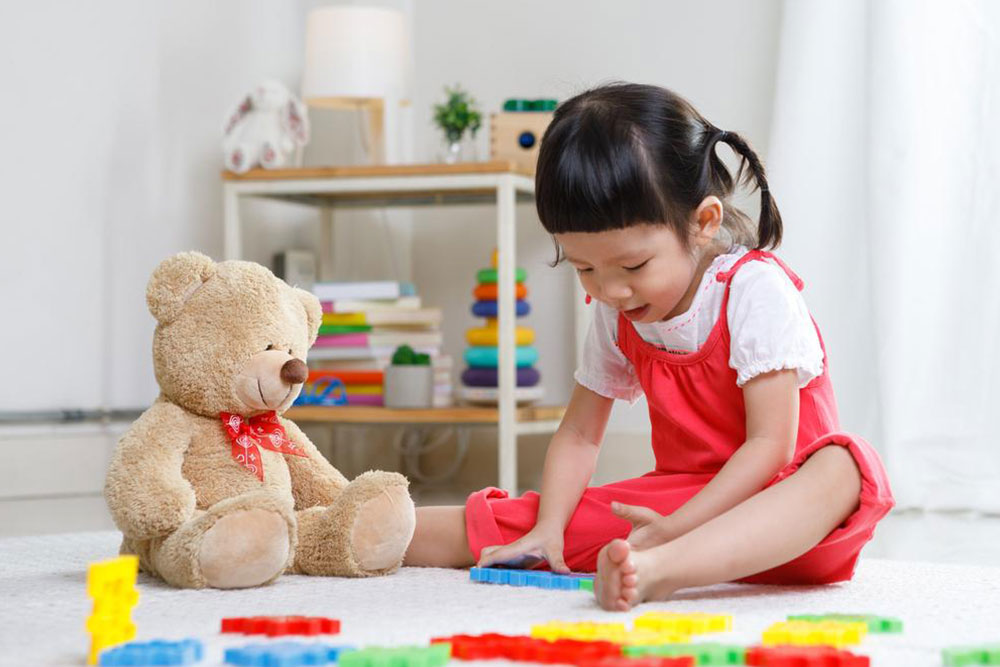Essential Traits of a Quality Early Childhood Program
Discover the key qualities of an effective preschool curriculum, including understanding your child's traits, evaluating program goals, staff quality, and learning environment. This guide helps parents select a nurturing, balanced, and engaging program that fosters early childhood development, creativity, and social skills, laying the groundwork for future success.
Sponsored

Key Elements of a High-Quality Preschool Program
Choosing the right preschool is crucial for your child's cognitive and emotional development. With numerous parenting resources available, identifying essential factors can be challenging. Focus on evaluating the preschool curriculum to ensure it aligns with your child's needs. An effective curriculum promotes growth, curiosity, and social skills. When selecting a preschool, consider your child's personality and learning style. A well-designed program nurtures creativity, physical activity, social interaction, and cognitive skills, setting a strong foundation for future learning and success.
Understanding Your Child’s Traits
Recognize your child's unique characteristics to find an environment where they can thrive. Some children enjoy large group activities, excelling in busy classrooms, while others flourish in smaller settings. If your child is energetic and social, programs incorporating group activities and physical movement will benefit their development. Tailoring the environment to match your child's temperament enhances both social and academic progress.
Assessing the Program
Visit the preschool and speak directly with the program director. Schedule a tour to observe interactions between students and teachers. Ask yourself if your child would succeed in this setting. Important questions include: Does the program have clear objectives? Does it support comprehensive development? Is there a healthy balance of activities? Does the school provide nutritious snacks? These considerations help determine if the curriculum fits your child's needs.
Staff Qualifications and Approach
During your visit, inquire about the staff's experience and background. Ensure they are knowledgeable about early childhood education and attentive to each child's individual needs. Observe their interactions—genuine care and consistent engagement are vital. A stable, caring environment similar to home can significantly impact your child's comfort and learning. Staff dedication and expertise are key indicators of a quality preschool program.
Learning Environment
The physical space should be inviting and conducive to learning, offering areas for both active play and quiet activities. Outdoor spaces are essential for energy release and social development. Check that classrooms are equipped with age-appropriate materials, including art supplies, toys, and educational tools that foster creativity and motor skills. An effective curriculum integrates art, music, movement, and social projects, encouraging children to explore, learn, and grow confidently.






